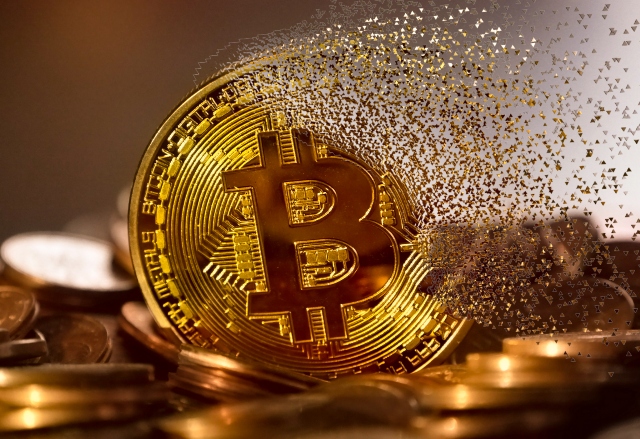Trump’s crypto-friendly Presidency sparks optimism and uncertainty in digital asset markets
The inauguration of Donald Trump as the 47th president of the United States on Jan. 20 has ignited a wave of optimism in the cryptocurrency market, with Bitcoin reaching an all-time high of $109,000 on inauguration day. Analysts and industry leaders are calling this moment a potential turning point in U.S. crypto policy, as Trump’s administration signals a pro-crypto stance, including the appointment of a White House “crypto czar” and hints at building a strategic Bitcoin reserve. However, experts caution that while the rhetoric is bullish, concrete actions are needed to sustain the market’s momentum.
A new era for crypto policy
Donald Trump’s return to the White House marks a stark departure from the previous administration’s approach to cryptocurrencies. Under President Joe Biden, the Securities and Exchange Commission (SEC) pursued aggressive regulatory actions against the industry, creating uncertainty for investors and businesses. In contrast, Trump’s 2024 campaign emphasized the importance of cryptocurrencies, with the former president declaring, “If crypto is going to define the future, I want it to be mined, minted and made in the USA.”
This shift in tone has been bolstered by key appointments, including Silicon Valley investor David Sacks as the White House’s crypto czar. While the specifics of Sacks’ role remain unclear, his appointment signals a focus on fostering innovation in both cryptocurrency and artificial intelligence.
Eugene Epstein, head of trading and structured products at Moneycorp, noted the significance of this moment. “We have had bull runs in crypto before in a cyclical fashion, but of all times I can remember, this is the first time where the hype is actually at the government level,” he told Cointelegraph.
The case for a strategic bitcoin reserve
One of the most intriguing possibilities under the Trump administration is the creation of a strategic Bitcoin reserve for the United States. The U.S. is already the largest sovereign holder of Bitcoin, with over 200,000 BTC — worth approximately $22 billion — acquired primarily through judicial seizures. During his campaign, Trump floated the idea of expanding this reserve, drawing comparisons to El Salvador’s pioneering adoption of Bitcoin as legal tender in 2021.
Supporters of this idea argue that Bitcoin could serve as a hedge against inflation and a foundational asset for the digital economy. “The next global arms race will be in the digital economy, not space. Bitcoin could be as foundational to the global economy as gold,” Coinbase CEO Brian Armstrong wrote in a Jan. 17 post.
However, Epstein cautioned that markets have already priced in the expectation of large-scale government purchases. “I have a hard time seeing markets moving higher unless some sort of state-level plan actually begins,” he said.
Cautious optimism amid speculation
While the crypto community has largely welcomed Trump’s pro-crypto stance, experts warn against unchecked optimism. On Jan. 17, Trump launched his own memecoin, TRUMP, which saw record demand and quickly amassed a market cap worth billions. Nigel Green, CEO of UAE-based deVere Group, criticized the move, calling it “more gambling than investing.”
Green also highlighted the risks of speculative trading driven by social media hype, even as he acknowledged the potential for legitimate growth in established assets like Bitcoin. “Trump’s presidency is expected to usher in an era of pro-crypto policies,” he said in a press release. “But this also raises questions about the risks of speculative trading driven by social media hype.”
The U.S. is not alone in its exploration of cryptocurrencies as a strategic asset. El Salvador, which adopted Bitcoin as legal tender in 2021, has been a trailblazer in this space. Stacy Herbert, who leads El Salvador’s National Bitcoin Office, expressed optimism about the U.S. embracing a similar approach. “The US is a $30 trillion economy. So if that amount of capital flows into the space, then you definitely have to be prepared for the good times ahead,” she told Cointelegraph.
However, the U.S. faces unique challenges, including the need to balance innovation with regulation. Trump’s administration has hinted at introducing clearer regulations for the industry, which could provide much-needed stability for businesses and investors.
Sources include:
CoinTelegraph.com
CoinTelegraph.com
CoinTelegraph.com
Read full article here


